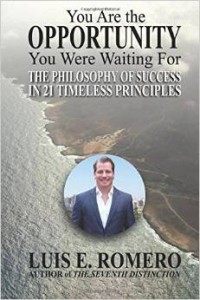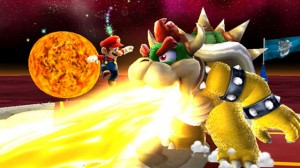— Cristina Deptula
Luis Romero shares thoughts that go beyond the average professional motivational guide and cause readers to evaluate their lives. For example, he points our the difference between the deep joy that comes from being at peace with ourselves, living out our values, and momentary pleasures that can become addictions. And the need to harness guilt as a motivator for positive change rather than just getting stuck with that sense of regret.
His tone is simple and earnest, conveying insights in a set of observations, each about a page or two long. The ideas are very accessible for a quick read, but I know I would benefit from deeper consideration of all he has to say.
Some of the phrasing can be slightly awkward, likely due to English not being Mr. Romero’s native language. Still, readers can grasp the points of each chapter without too much trouble.
The author relates that he came to these realizations after a deep study of both ancient Eastern and Western philosophy and modern business and psychological insights. I was very interested in his thought process here, why and how he came to the conclusions that he did, and would have liked more background here. The distillation of past and present wisdom is certainly ambitious and admirable!
Overall, this is an accessible and thoughtful read, with many points expressed in fresh, original ways. Much worth considering here, and I would recommend it.
Luis Romero’s You Are the Opportunity You Have Been Waiting For is available for purchase here: http://www.amazon.com/You-Are-Opportunity-Were-Waiting/dp/0988692678





